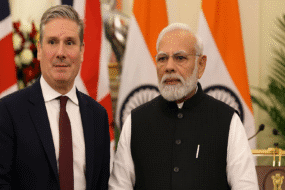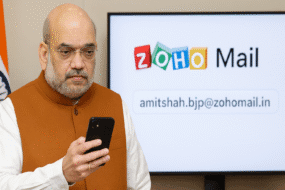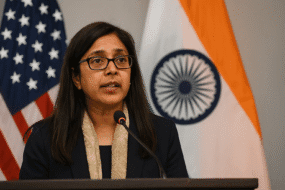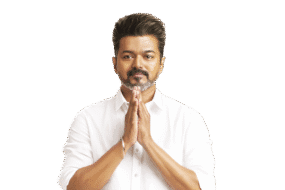Bengaluru: Government schools across Karnataka are on an extended Dasara break this year — not for festive leisure, but to help the state complete its ambitious Socio-Economic and Educational Survey 2025, which has been running behind schedule.
The massive door-to-door exercise, aimed at collecting detailed household-level socio-economic data for reviewing the Other Backward Classes (OBC) reservation policy, began on September 22 and was initially slated to finish by October 7. However, with only about 67% coverage achieved by the deadline, Chief Minister Siddaramaiah announced a 12-day extension till October 18, ensuring enumerators — most of them school teachers — can complete the remaining work.
📊 Survey Progress and Reasons for Delay
As of October 7, about 67.28% of the estimated 1.44 crore households had been covered. While some districts, such as Koppal, reported near-total coverage of 97%, others lagged significantly — Dakshina Kannada was at 67%, and Bengaluru had only managed 10% coverage.
Officials attributed the delay in Bengaluru to overlapping administrative drives like the Election Commission’s voter list revision. The city’s enumeration began only on October 4, leaving limited time for coverage of its 46 lakh households.
According to M. Maheshwar Rao, Chief Commissioner of the Greater Bengaluru Authority, about 21,000 surveyors have been deployed in the capital, with a target of three lakh households per day. Statewide, 1.6 lakh enumerators, including 1.2 lakh school teachers, are part of the field effort. Each enumerator has been assigned 15 households per day as a minimum target.
🧾 Purpose and Process of the Survey
The ₹420-crore exercise is being conducted by the Karnataka State Backward Classes Commission (KSBCC) to capture updated socio-economic data and living standards across caste and community groups.
Unlike the 2015 caste survey, which faced political pushback and was never officially published, this round is fully digital, relying on a smartphone app developed by the e-Governance Department. Each interview takes about 30 minutes, covering 60 questions on caste, education, occupation, income, housing, and access to amenities.
Chief Minister Siddaramaiah emphasized that the extension was necessary to ensure “comprehensive and accurate coverage” across all districts.
Deputy Chief Minister D.K. Shivakumar, who himself participated in the survey, admitted that the questionnaire could have been simplified — especially for urban respondents — but urged citizens to cooperate. “Some questions are designed to understand rural lifestyles,” he said, thanking citizens for their support, particularly in rural areas where cooperation exceeded 90%.
⚖️ Legal and Political Context
The survey’s intent is to update Karnataka’s caste and economic data to reassess reservation quotas. However, it has been politically contentious.
While the Opposition BJP argued against it — citing the Centre’s plan to include a caste count in the upcoming national census — several community groups, including the Rajya Vokkaligara Sangha, All India Veerashaiva Mahasabha, and Akhila Karnataka Brahmana Mahasabha, challenged the state’s move in court.
The Karnataka High Court refused to stay the survey but directed that data confidentiality be maintained and clarified that participation is voluntary.






One reply on “Karnataka Extends Dasara Break for Govt Schools to Aid Socio-Economic Survey Completion”
[…] Originally published on 24×7-news.com. […]